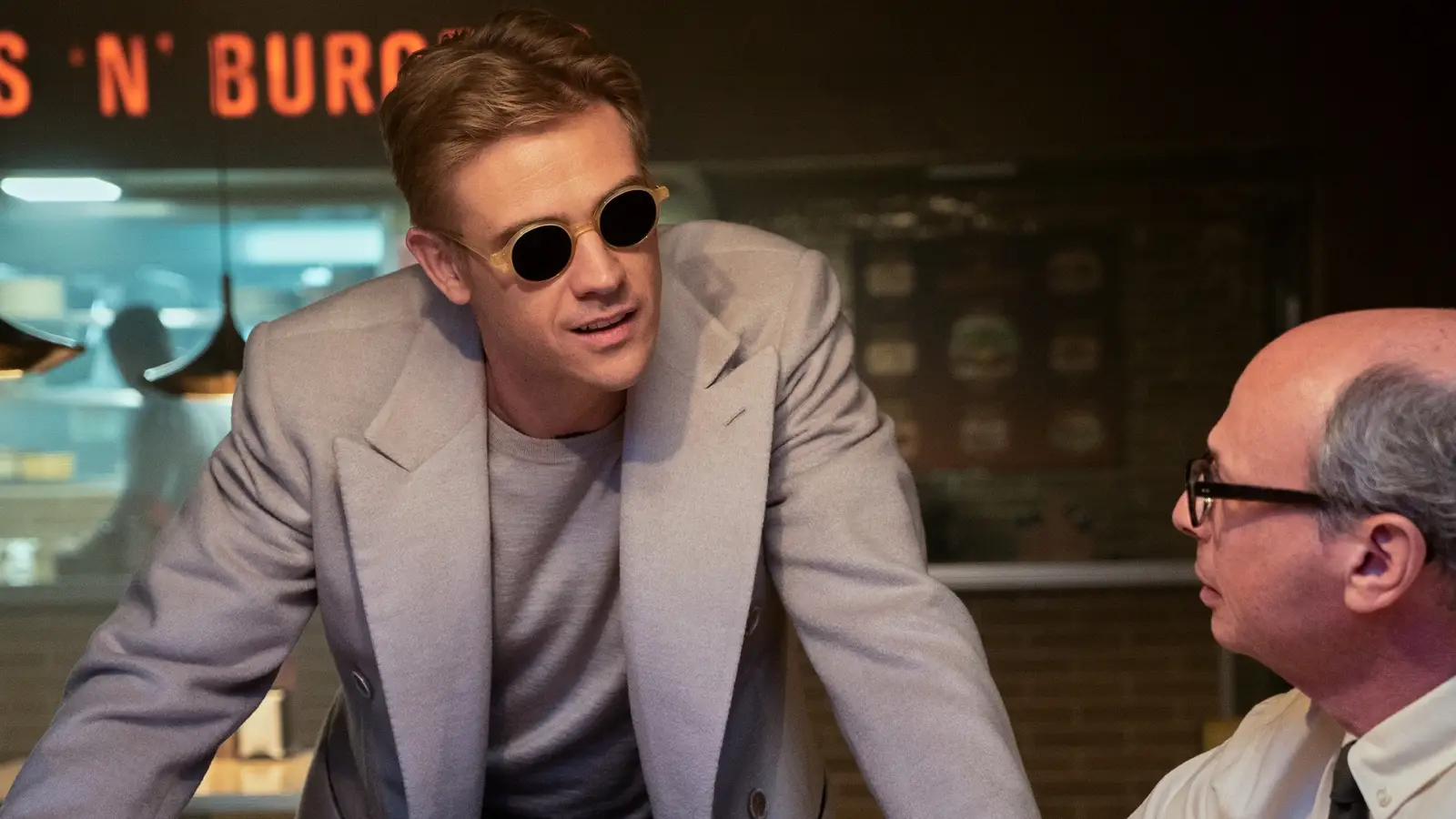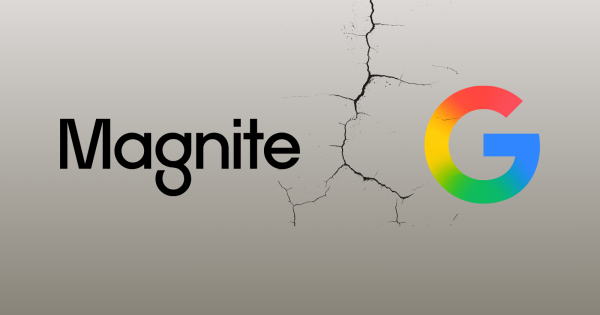
Fantasy TV shows promise sprawling worlds, epic characters, and magic-filled storytelling. However, despite all the spectacle, many of them often rely on the same predictable tropes – the chosen one, the prophesied battle, and the endless cycle of good versus evil. While these stories are comforting to some, repetition can make even fantastical realms feel familiar to the point of dullness.
Fortunately, there are plenty of series that break away from those well-worn patterns. For every story about a hero embarking on a pre-ordained quest to save the realm, there’s a bold alternative that challenges expectations. These shows dare to dive into morally gray characters, unconventional story structures, and narratives that reject the rigid formula most fantasy TV shows still cling to.
Not only do these imaginative series provide a welcome change, but they also showcase the genre at its best. They’re proof that fantasy thrives most when it dares to innovate. Instead of playing it safe, these shows redefined the boundaries of small-screen fantasy by embracing unique, boundary-pushing ideas.
Disenchantment (2018-2023)
A Medieval Fantasy Satire That Mixes Irreverence With Sincerity
Matt Groening’s Disenchantment brought his signature animated style into a new arena: medieval fantasy. Instead of epic quests and noble heroes, it follows Princess Bean (Abbi Jacobson), a rebellious royal whose adventures involve alcohol, questionable choices, and a sardonic demon sidekick named Luci (Eric André). It quickly stood apart from fantasy TV shows that take themselves too seriously.
Rather than mocking fantasy from the outside, the show deconstructs it from within. Bean’s kingdom of Dreamland is filled with recognizable tropes – evil sorcerers, curses, and magical creatures- but the narrative twists them into absurd, comedic, and occasionally heartbreaking directions. This gives Disenchantment a tonal balance that’s rare in the genre.
By fusing parody with genuine character development, the show carved its own niche. While some moments are slapstick, others explore loneliness, destiny, and rebellion against tradition. In blending satire with sincerity, Disenchantment proved fantasy could be funny, emotional, and inventive all at once.
The Sandman (2022-2025)
A Dreamlike Fantasy That Blends Mythology With Modern Storytelling
Neil Gaiman’s The Sandman was long considered unfilmable, yet Netflix turned it into one of the most ambitious fantasy TV shows of recent years. Centering on Morpheus (Tom Sturridge), the Lord of Dreams, the show straddles both myth and modernity, crafting a narrative that feels as poetic as it does unsettling.
Where traditional fantasy tends to hinge on battles for kingdoms, The Sandman explores humanity’s relationship with dreams, stories, and inevitability. The show drifts through genres – horror, myth, family drama – with each episode offering a different angle on Morpheus’s endless realm. This structure keeps it unpredictable and distinctly unbound by convention.
Instead of leaning on a straightforward hero’s journey, the story revels in moral ambiguity and existential stakes. By treating mythology with equal reverence and reinvention, The Sandman blurred the line between the mystical and the intimate, creating one of the most imaginative reinterpretations of fantasy on TV.
Chilling Adventures Of Sabrina (2018-2020)
A Dark Coming-Of-Age Tale That Fused Witchcraft With Horror
Chilling Adventures of Sabrina flipped the lighthearted tone of Sabrina the Teenage Witch into a darkly Gothic horror-fantasy. Kiernan Shipka’s Sabrina Spellman wasn’t just balancing school and spells; she was torn between her mortal life and the sinister pull of her witch heritage. This duality gave the show a uniquely intense identity.
Where many fantasy TV shows lean on good versus evil binaries, Sabrina lived in gray areas. Satanic pacts, forbidden love, and questions of free will constantly challenged characters, giving the narrative moral complexity. By placing horror imagery at the heart of its storytelling, the show elevated the tension beyond typical magical hijinks.
Though it delivered the expected fantasy elements – demons, rituals, spells – its tone was far more daring. Sabrina blended teen drama with occult mythologies in a way that felt fearless, pushing boundaries of what network-affiliated fantasy could look like. It made witchcraft feel dangerous again.
The Magicians (2015-2020)
A Fantasy Series That Constantly Reinvented Itself Season By Season
At first glance, The Magicians looked like a darker version of Harry Potter, centering on Quentin Coldwater (Jason Ralph) and his peers at Brakebills University for Magical Pedagogy. But what started as a seemingly familiar chosen-one setup quickly spiraled into something much stranger and far more original.
Unlike traditional fantasy TV shows that play by rigid rules, The Magicians thrived on unpredictability. Seasons shifted tones drastically – from musical episodes to meta comedy to brutal explorations of trauma. Characters frequently undermined archetypes, refusing to be heroic simply because destiny demanded it.
By allowing its characters to evolve in flawed, messy, and deeply human ways, the series broke down the romanticism often attached to magic. Instead of wish fulfillment, it depicted the emotional cost of wielding power. The Magicians was a reminder that fantasy could be experimental and deeply personal while still brimming with spectacle.
Attack On Titan (2013-2023)
A Dark Fantasy Epic That Twisted Heroic Destiny Into Tragedy
From the very beginning, Attack on Titan looked like a familiar fantasy tale of humanity uniting against monstrous invaders. Eren Yeager (Yuki Kaji in Japanese, Bryce Papenbrook in English) seemed poised to follow a classic chosen-one path, driven by revenge against the Titans that destroyed his home. However, the series never played out like standard fantasy TV shows.
Instead of leaning on straightforward heroism, AoT unraveled the myth of destiny. Eren’s journey became one of moral ambiguity, where freedom and destruction blurred together. By reframing its protagonist from savior to deeply conflicted antihero, Attack on Titan rejected the conventional fantasy narrative of the noble warrior fulfilling prophecy.
Worldbuilding also played a massive role in its innovation. The Titans weren’t just terrifying monsters; they were tied to political, historical, and ideological conflicts that gave the story layered depth. Attack on Titan defied tropes by turning spectacle into a meditation on cycles of violence, power, and survival, making it one of the boldest dark fantasies ever told.
Warrior Nun (2020-2022)
A Religiously Infused Fantasy That Modernized Divine Mythology
Warrior Nun followed Ava Silva (Alba Baptista), a young woman revived from death and unwittingly bound to a mystical halo. Instead of embracing a standard chosen one arc, the show framed Ava’s struggle as an exploration of free will, belief, and the blurred line between divine purpose and personal agency.
The series combined Catholic iconography with science-fiction elements, reimagining angels, demons, and miracles in unexpected ways. Unlike traditional fantasy TV shows, it didn’t rely on ancient prophecies alone but instead fused theology with modern debates about faith and autonomy.
Its creative spark came from grounding high-concept fantasy in character-driven conflict. Ava wasn’t an archetypal savior but a reluctant, rebellious figure caught between holy destiny and her own desires. That subversive choice kept Warrior Nun both inventive and thematically rich, proving religious fantasy could still surprise.
His Dark Materials (2019-2022)
A Faithful Yet Daring Adaptation That Tackled Existential Themes
Philip Pullman’s His Dark Materials was adapted into a trilogy that pushed fantasy television toward philosophical depth. Lyra Belacqua (Dafne Keen) embarked on a multidimensional journey, but rather than simply fulfilling destiny, the series grappled with free will, institutional corruption, and humanity’s relationship with knowledge.
Instead of leaning on spectacle alone, the show emphasized intimate character journeys. The daemons – physical manifestations of the soul – provided a symbolic lens through which to explore identity and belonging. This concept gave the story a richness beyond traditional fantasy mechanics.
By refusing to soften Pullman’s critique of organized power structures, His Dark Materials treated its audience with respect. It became one of the few fantasy TV shows that seamlessly combined expansive worldbuilding with challenging philosophical ideas, making it as thought-provoking as it was adventurous.
Sweet Tooth (2021-2024)
A Post-Apocalyptic Fantasy That Turned Innocence Into Its Greatest Strength
Sweet Tooth offered one of the most original takes on fantasy by blending a pandemic-ravaged future with fairytale-like storytelling. Gus (Christian Convery), a boy born with deer-like features, embodied innocence in a world hardened by collapse. The contrast between wonder and despair defined the show’s creative identity.
Rather than an epic quest to save the world, Gus’s journey was about survival, trust, and connection. The fantasy lay not in fire-breathing dragons but in its hybrid children, who symbolized hope and evolution amid chaos. This grounded the story emotionally while still keeping it otherworldly.
Its innovation came from tone: tender, bittersweet, and visually enchanting. Unlike many fantasy TV shows that thrive on battle scenes, Sweet Tooth proved the genre could be quiet, intimate, and profoundly moving without losing its sense of magic.
Arcane (2021-2024)
A Visually Groundbreaking Fantasy That Fused Animation And Emotion
Based on the League of Legends universe, Arcane shattered expectations of what a game adaptation could achieve. Set in the twin cities of Piltover and Zaun, it followed sisters Vi (Hailee Steinfeld) and Jinx (Ella Purnell) through a story that fused political intrigue with personal tragedy.
What made Arcane stand out was its style. The animation blended painterly visuals with cinematic fluidity, giving the series a look unlike any other fantasy TV show. Each frame felt handcrafted, transforming a familiar world of magic and technology into a living canvas.
However, its creativity wasn’t just aesthetic. By centering on fractured family bonds and systemic inequality, Arcane added depth beyond spectacle. The emotional weight of Vi and Jinx’s conflict made the series feel both epic and heartbreakingly human, redefining animated fantasy for adults.
Good Omens (2019-2023)
A Comedic Fantasy That Turned The Apocalypse Into A Buddy Story
Neil Gaiman and Terry Pratchett’s Good Omens reimagined the apocalypse not as a grim prophecy but as a witty, character-driven tale. At its heart were angel Aziraphale (Michael Sheen) and demon Crowley (David Tennant), whose unlikely friendship became the backbone of the narrative.
Unlike most fantasy TV shows obsessed with war and destruction, Good Omens approached Armageddon with humor and heart. The focus wasn’t on whether humanity deserved saving but on whether bonds of loyalty and love could transcend divine expectations. This gave the show its emotional edge.



